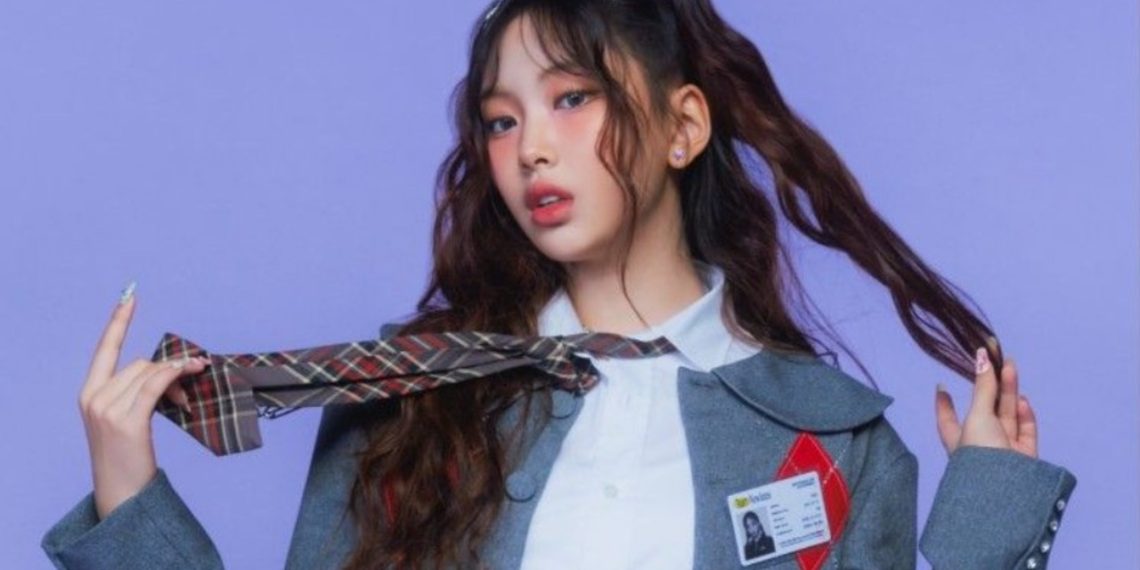The ongoing debate over teen idols’ working hours in South Korea’s entertainment industry has reached new heights as the Korea Music Content Association (KMCA) formally opposed proposed legal amendments seeking to reduce the work hours of underage entertainers.
The bill, spearheaded by National Assembly member Kim Jun Hyuk, aims to align the entertainment sector with the Labor Standards Act, limiting minor artists’ weekly working hours to 40, down from the current 46 for those aged 15 and above.
While the bill emphasizes safeguarding educational rights and well-being, the KMCA has raised strong objections, arguing that the proposal does not account for the unique demands of the K-pop industry. The association released an official statement on February 13, highlighting the potential negative effects on K-pop’s global standing and the career development of young artists.
Industry Pushback: The KMCA’s Concerns
One of the primary concerns raised by the KMCA is the disruption of idol group schedules due to varied work-hour restrictions based on age. Many K-pop groups consist of members from different age brackets, and such regulations could create logistical challenges in coordinating activities, from album promotions to international tours.
The association warns that these changes might lead production companies and broadcasters to avoid casting younger idols altogether, potentially stifling new talent.
Moreover, the KMCA argues that enforcing rigid study-hour requirements for aspiring idols is an unfair disadvantage.

It points out that while students often spend late nights preparing for exams, young entertainers undergo intense training in dance, vocals, and foreign languages, which should also be recognized as a form of education rather than being treated as mere labor.
Are Current Safeguards Enough?
The KMCA maintains that the industry already implements self-regulated guidelines to protect young artists. For example, idols under 15 have restricted working hours, and participation in activities beyond regular education programs requires parental consent. According to the association, the proposed bill overlooks these existing measures and imposes unnecessary restrictions without a thorough discussion with key stakeholders.
Additionally, the KMCA challenges the narrow definition of “educational rights.” It argues that formal schooling should not be the sole metric for education, as many young idols receive structured training that prepares them for a global career. The statement emphasized that forcing all youth into a standardized education model disregards the diverse aspirations of young artists who choose to pursue K-pop.
Finding Middle Ground
While protecting minors in the industry is a valid concern, the KMCA urges lawmakers to reconsider the bill and introduce policies that better reflect the realities of the entertainment sector. The association warns that hastily enforced regulations could diminish K-pop’s global appeal and economic contributions.
With K-pop’s continued expansion on the world stage, striking a balance between the rights of young artists and the industry’s needs remains a complex challenge. Whether the government and entertainment sector can reach a consensus that prioritizes both welfare and career growth is a debate that is far from over.




